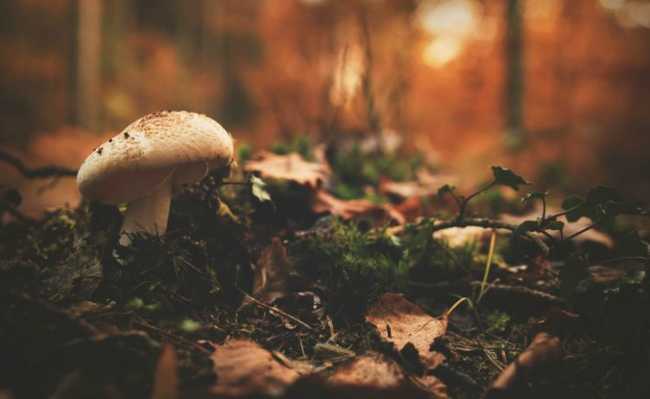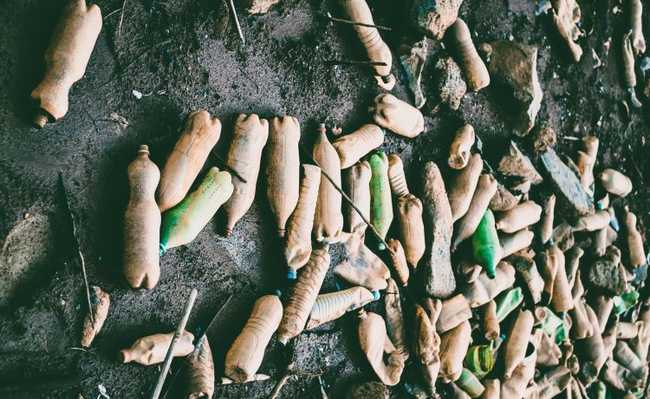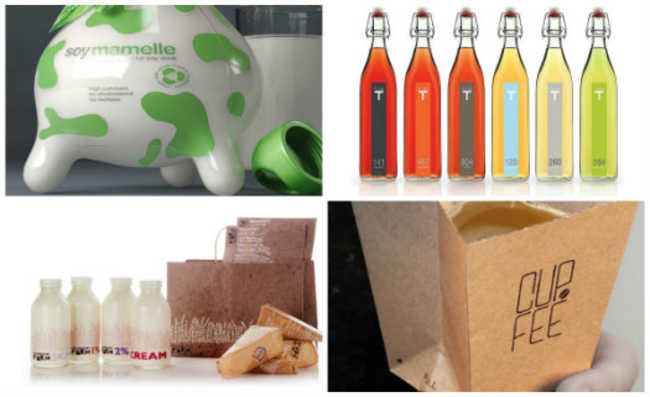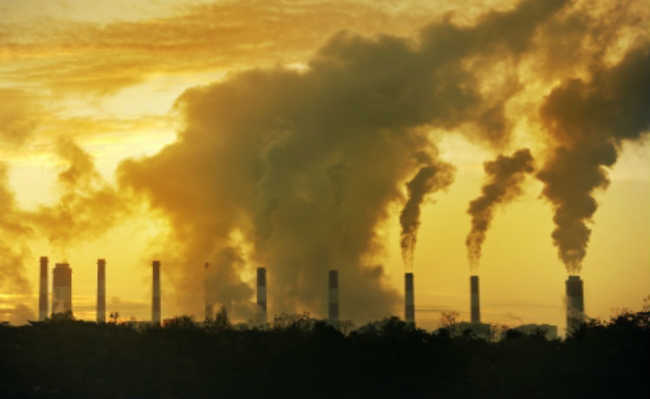We need to talk about eco-anxiety
People with eco-anxiety live in chronic fear of the consequences of climate change
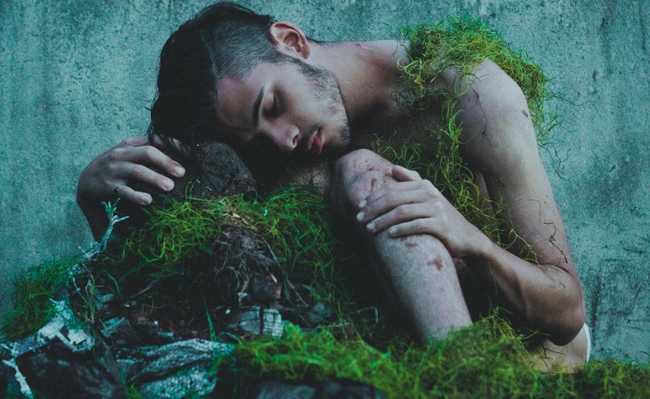
Edited and resized image by Fernando @dearferdo, available on Unsplash
Eco-anxiety is a widespread feeling of chronic fear linked to climate change. Forest fires, torrential rains that cause flooding and landslides, injured animals and mass extinction are some events that, in addition to directly affecting those involved, bring a feeling of helplessness, hopelessness and sadness.
- What is climate change in the world?
- Widespread fires may have released 255 megatons of CO2 into the atmosphere
- Fires in Australia have killed at least half a billion animals, study says
Exposure to harmful weather-related events can result in mental health consequences such as anxiety, depression, and post-traumatic stress disorder. A significant proportion of people affected by these events develop chronic psychological dysfunction. However, even if we are not the ones directly harmed, it is exhausting to be bombarded with news that reminds us that humanity is heading towards environmental collapse. But, at the same time, we cannot be oblivious to all this. What would be the best way to deal without resorting to unfounded climate denial?
You are not alone
THE American Psychological Association defines eco-anxiety as "a chronic fear of environmental destruction". While worry and anxiety about climate change is normal, eco-anxiety is a more intense state, due to the seriousness of the problems we are facing. And it can be accompanied by guilt for personal contributions to the problem.
According to an article published in the magazine the conversation, exposure to harmful environmental events may have been a "reality check" for many people who maintained a passive attitude towards climate change, and even for many who were climate denial activists. Given current circumstances, the environmental crisis becomes almost impossible to ignore.
- Coronavirus outbreak reflects environmental degradation, says UNEP
Although eco-anxiety is not a diagnosable mental disorder, it can have significant impacts on a person's well-being. If you think you are experiencing this feeling, check out some tips that can help you:
Seek professional help
Some people, especially those living with psychological problems unrelated to climate change, may find it more difficult to adapt to the increased stress caused by the context of environmental crisis. When emotional resources are already depleted, it can be more difficult to adapt to change.
Although we don't have research on this yet, it makes sense that people with pre-existing mental health problems are more vulnerable to eco-anxiety. If this is the case, do not hesitate to seek professional help. Whether or not you have a pre-existing mental health disorder, if you are depressed or anxious in a way that affects your work, learning, or social life, seek advice from a specialist mental health professional.
Evidence-based psychological interventions, such as cognitive-behavioral therapy, reduce symptoms of anxiety and depression, improving mental health and well-being.
You can also join complementary activities to reduce eco-anxiety, such as meditation, pranayama, yoga, among others.
Be part of the solution
We are now living with the environmental consequences of climate change, and that requires people to adapt. Fortunately, most of us are naturally resilient and able to overcome stress and loss and live with uncertainty.
But we can increase that resilience by connecting with friends and family and engaging positively in our communities. Making healthy choices like eating well, exercising, and getting your sleep in can help. Furthermore, supporting vulnerable people brings benefits to both the person providing and the person receiving assistance. Trying to reduce your own carbon footprint can help alleviate feelings of guilt and helplessness – in addition to the positive difference these small actions can make to the environment.
There are a number of attitudes ecofriendly that you can adhere to how to reduce the consumption of animal products, neutralize your carbon emission, use composting, reduce the consumption of plastic and opt for public transport. This is all part of conscious consumption. Making the decision to be a more conscientious consumer is a way to be optimistic. And maintaining optimism is not something silly, it is having confidence and a behavior oriented towards positive goals and results.
Why do I feel this way?
Humans have something called human negativity bias, which means we're made to pay more attention to threatening and frightening information than to positive ones. This goes back to survival when the first humans hunted for food, water and shelter. The constant threat of attack kept humans in fight-or-flight mode.
Anxiety is a physiological response when the body produces too much adrenaline and goes into threat detection mode. While it may be an exaggeration of the risk of something, the intent is to keep the body safe.
Eco-anxiety is not necessarily a bad thing, after all, worrying about the future is important. But more important than worrying is taking concrete actions that make the prospect of a better future viable. So, stop and pay attention to your eco-anxiety, what it is telling you is that you need to act. But you can only act if you're okay, so take care of yourself.
do not be discouraged
Consuming with a reduced environmental footprint is one way to be part of the solution, but you can expand your influence in the world. Look for smart ways to influence people and make them politically aware of the importance of the climate agenda. Many won't give a damn what you say, but as professor, philosopher and activist Angela Davis suggests: "You have to act as if you can radically transform the world. And you have to do it all the time."



